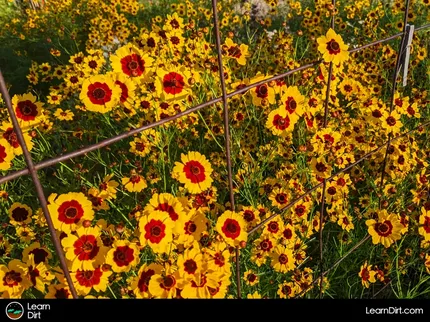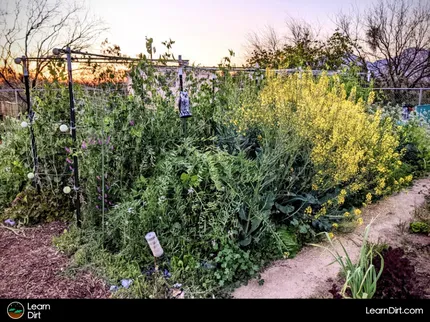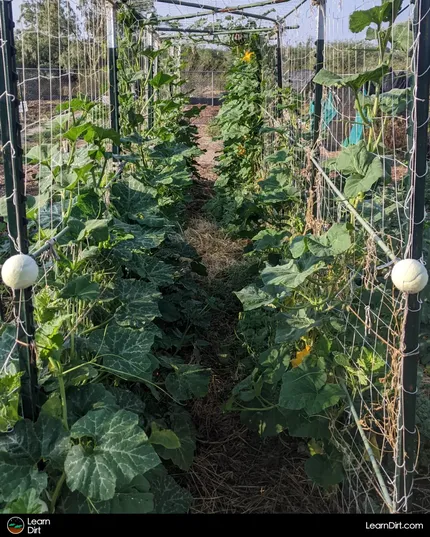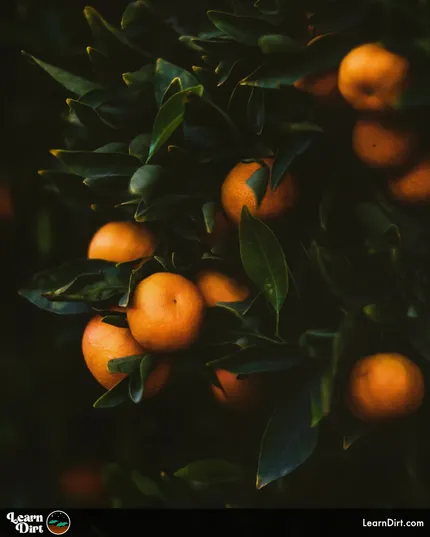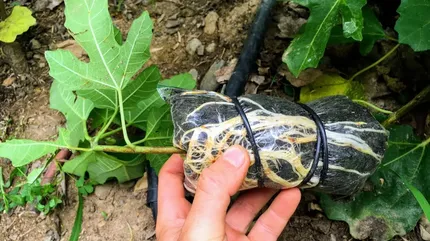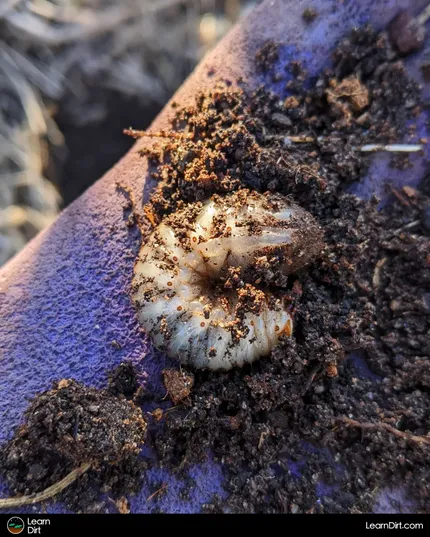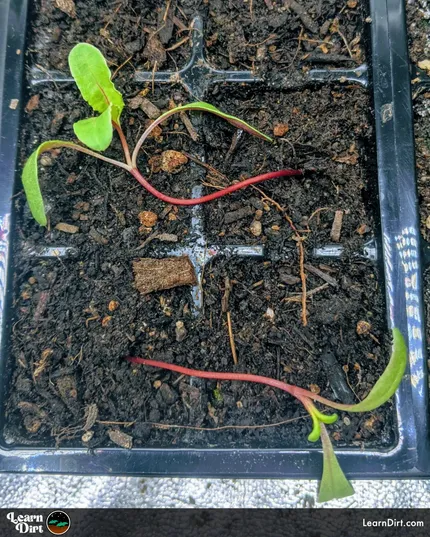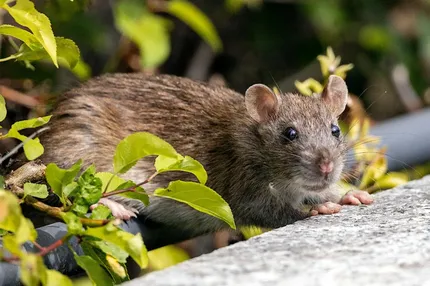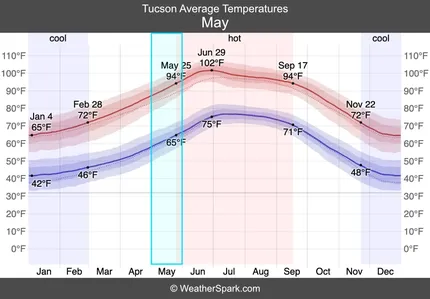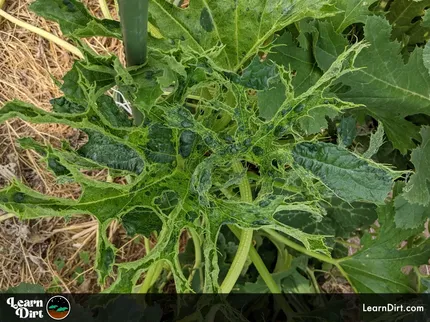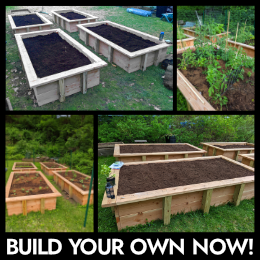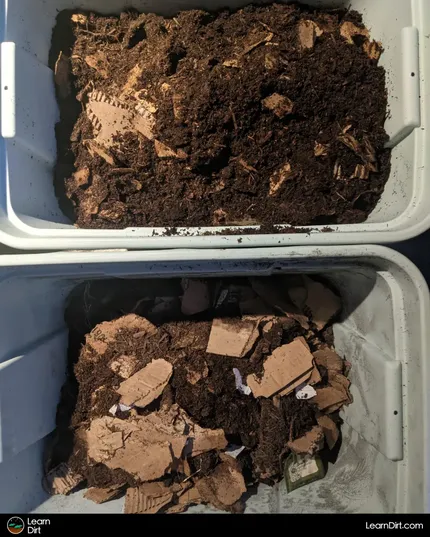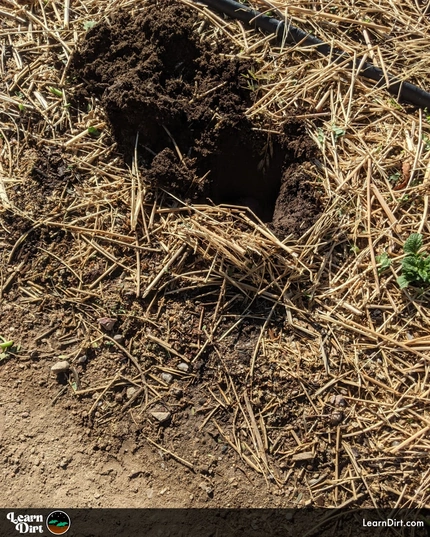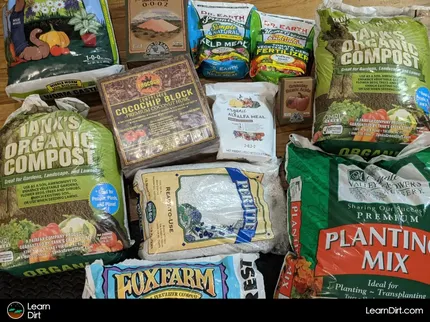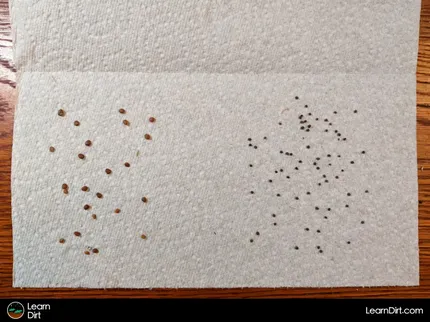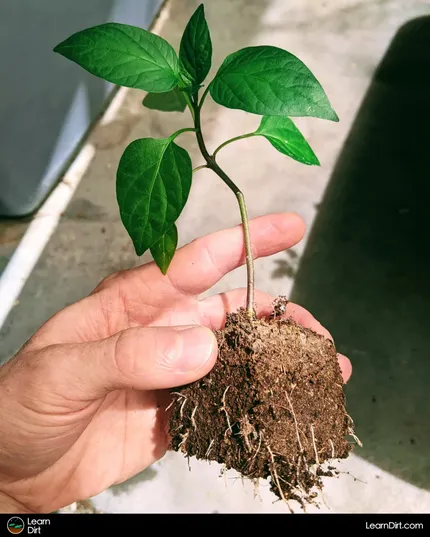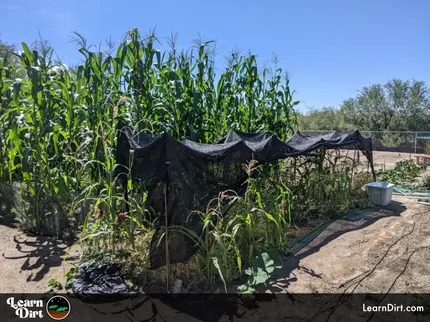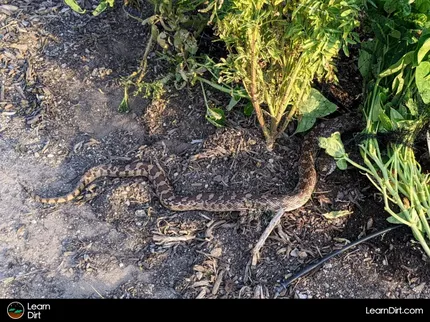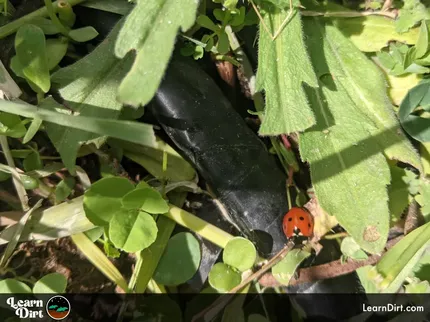Table of Contents
- What Is Carbon Cycling?
- Why Is Carbon Important for Agriculture?
- How Does Carbon Cycle Through Agricultural Systems?
* Our articles never contain AI-generated slop *
We're looking at how carbon is cycled through agricultural systems, with a focus on how the carbon cycle applies to your garden.
What Is Carbon Cycling?
Much like the way a healthy economy is one in which money cycles and is exchanged frequently (rather than being hoarded), a healthy garden ecosystem is one in which nutrients cycle through many different plants, animals, fungi, insects, microbiota, etc.
Nutrient cycles describe and map the way that nutrients flow through complex ecosystems, temporarily boing loked up and utilized by each life,form in the food web, before being freed for utilization by others.
Disclaimer: This post may contain affiliate links. Refer to the privacy policy for more information.
It follows cycles of life and death in the ecosystem and the constant ebb and flow of populations and of the crucial work done by decomposers to free nutrients up after death to kickstart the next cycle of life.
Why Is Carbon Important for Agriculture?
Carbon is the basis for all life on Earth. It's not just an element, it is the cornerstone for all biology.
As it pertains to agriculture, carbon is the primary constituent of plants (after water).
Without carbon, soil and plants cannot exist - so understanding how it cycles through the ecosystem is critical for informing your decisions as a grower.
Carbon is also one of the most important parts of soil, without which our soils wold completely collapse and be unable to support life.
To learn about how gardeners can sequester more carbon, check out this article.
Join The Grower's Community
Whether you cultivate vegetables, house plants, succulents,
mushrooms, flowers, cannabis, or more...
you're welcome here 🌱
Check It Out!
How Does Carbon Cycle Through Agricultural Systems?
- Atmospheric CO₂
- Absorbed by plants during photosynthesis
- Plants (producers)
- Convert CO₂ into carbohydrates via photosynthesis
- Grow edible biomass (e.g., veggies, herbs, fruit)
- Drop leaves and roots into the soil as organic matter
- Feed herbivores and decomposers
- Herbivores + Folivores (e.g., insects, small animals)
- Consume plants and release CO₂ through respiration
- Leave behind waste, which becomes organic matter
- Gardeners & Farmers (we humans)
- Harvest our crops, compost food scraps and garden waste
- Add compost and mulch to improve soil carbon
- Minimize tilling to retain soil carbon stores (hopefully you're doing this!)
- Soil organisms (decomposers)
- Bacteria, fungi, worms, etc. break down organic matter
- Release CO₂ and other nutrients back into the soil (cycling)
- Help build soil organic carbon (humus)
- Compost
- Decomposes to return carbon and nutrients to the soil
- Feeds microbes and helps sequester carbon in humus
- Soil Organic Matter
- Stores carbon long-term in the form of humus
- Improves soil fertility, water retention, and biodiversity
That's all for now, thanks for reading!
If you have any questions, comments, or would like to connect with fellow gardeners, head on over to the forum and post there.
